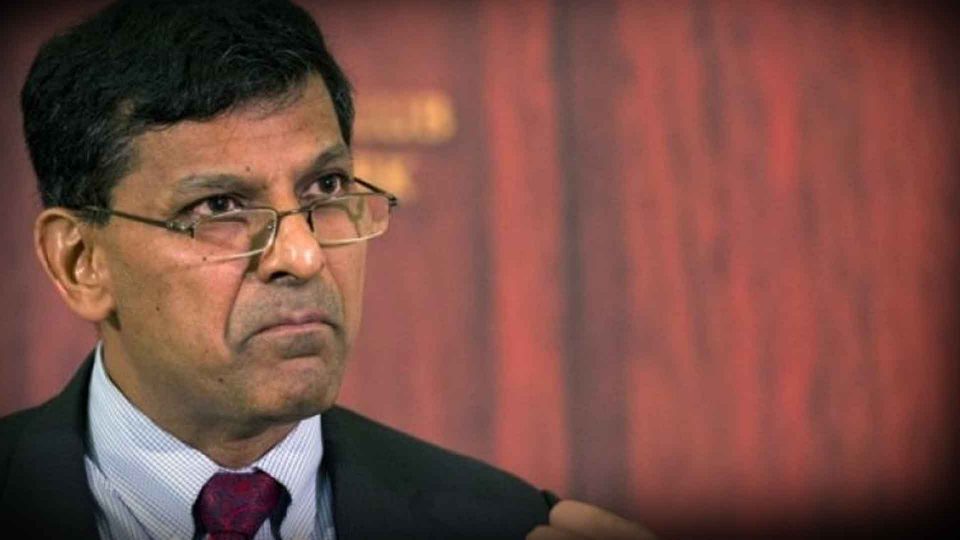Rajan said that any macro-economist would tell that before demonetising the 87.5% of the currency, it would be better to get the same amount of currency printed.
Former RBI governor Raghuram Rajan has revealed that despite his warning about the fall-out, the Demonetization move was given a go ahead. He was speaking at Harvard Kennedy School in Cambridge. When asked whether the RBI was consulted or not before taking the demonetization step, he said that the RBI was definitely consulted and the institution has made it clear that demonetization was “not a good idea”. Prime Minister Narendra Modi, on November 8, 2016, rolled out demonetization. Rajan said, “The move to ban 87.5% of the currency value was not a good idea.”
He further took a dig at the Modi government saying that the demonetization had flawed planning. “It was not a well-thought-out, a well-planned exercise and I told the government when the idea was first mooted,” revealed Rajan. Talking about it further, he said that any macro-economist would be able to tell that before demonetising the 87.5% of the currency, it would have been better to make sure that same amount of currency is printed before-handed.
Calling the reason behind demonetization, a “naïve view”, Rajan said that India faced demonetization without preparation. “The economy was negatively impacted,” said Rajan. Taking a swipe at the Modi government he said that the idea behind demonetization was that people who had stored black money would come out and surrender to the government. “The thought was somehow people who had money stored in their basements would overnight come to the government and say ‘sorry we were hiding this stuff, let me pay taxes on it’,” quipped Rajan.
Rajan even asserted that Indians are quick to find ways around the system. Though he said that the positive long-term impacts of demonetization were yet to be seen, the short-term negative impacts were seen throughout the country and have affected the informal sector.
Talking about the impact of demonetization on employment, Rajan expressed concern that the people working in informal sector had to lose out on their jobs mostly. “To my mind, it was not a policy (demonetization) that was useful at that time,” he said.
He said a person has to be a dedicated government advocate to say that post-demonetization economic growth was immediate.
Dear Readers,
As an independent media platform, we do not take advertisements from governments and corporate houses. It is you, our readers, who have supported us on our journey to do honest and unbiased journalism. Please contribute, so that we can continue to do the same in future.
As an independent media platform, we do not take advertisements from governments and corporate houses. It is you, our readers, who have supported us on our journey to do honest and unbiased journalism. Please contribute, so that we can continue to do the same in future.

